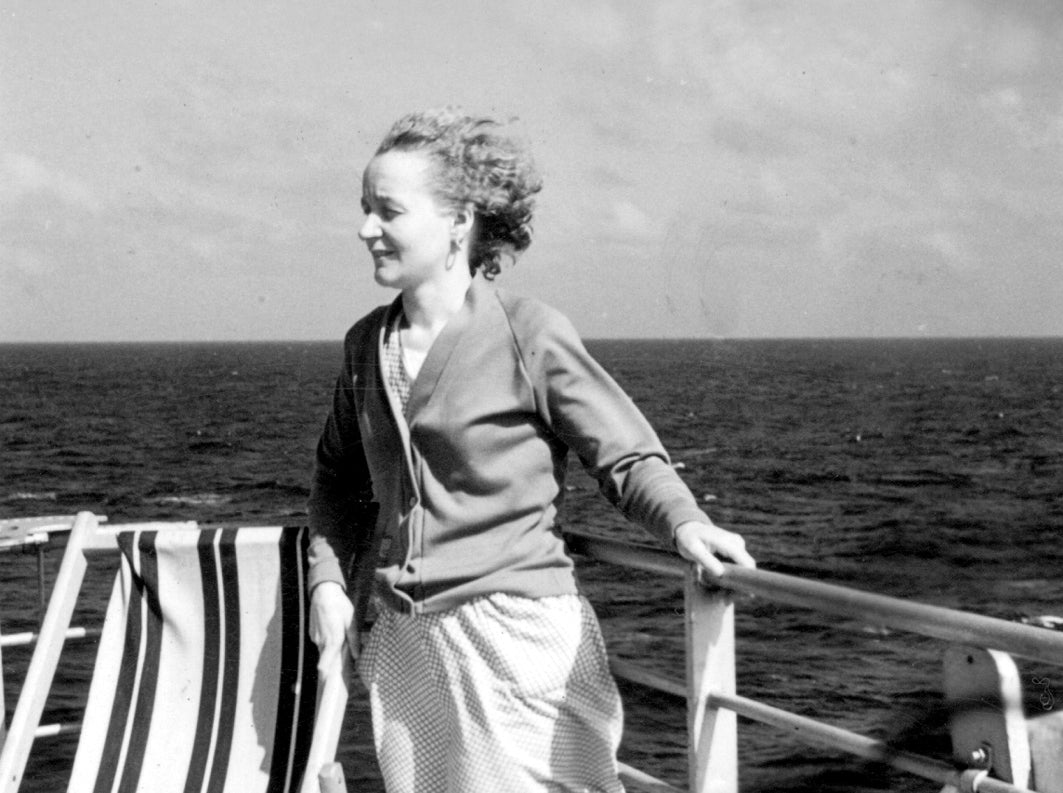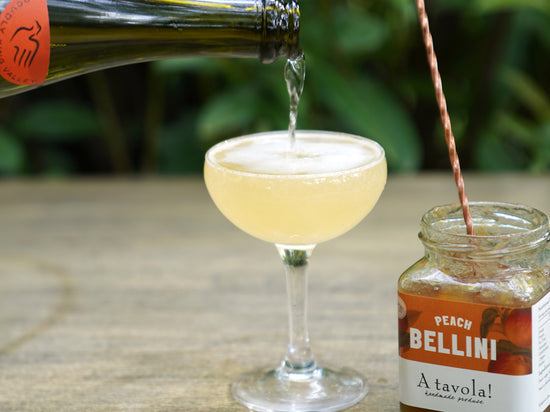Rosetta’s Pizzini’s father, Antonio, always had a still and made his own grappa, even though it was illegal to distil alcohol without permits. During the second world war, for a teenage Rosetta and her parents, that still became key to their survival.
Money was so devalued that it was almost useless, ration stamps were the only way to access the most basic food, but there were never enough stamps for the families to survive, so a backdoor trading economy soon took root.
Rosetta’s two elder brothers were away fighting and her mother was bedridden, so from the age of about fifteen Rosetta looked after her mother while running the household. She was also her father’s right-hand woman in the grappa business. She helped him make it and was chief negotiator in trading it with local families for whatever they had in surplus, whether it was cheese or smallgoods they had made, or vegetables they had grown.
Quite terrifyingly, well at least to us looking back now, she also traded with the occupying German officers. The warehouse where the ration stamps were exchanged for goods was controlled by German officers. Rosetta would take some discretely hidden bottles of grappa to add to her stamps in the exchange with the officers. Grappa what was what it took to secure the most sought-after supplies – butter, salt and coffee.
It amazes us all to think that Rosetta risked her life to secure these staples for her parents. We have always admired her tenacity and the positive productive approach she took in steering her family to success in Australia. With a deeper understanding of how she spent her teenage years, it makes a lot of sense.





